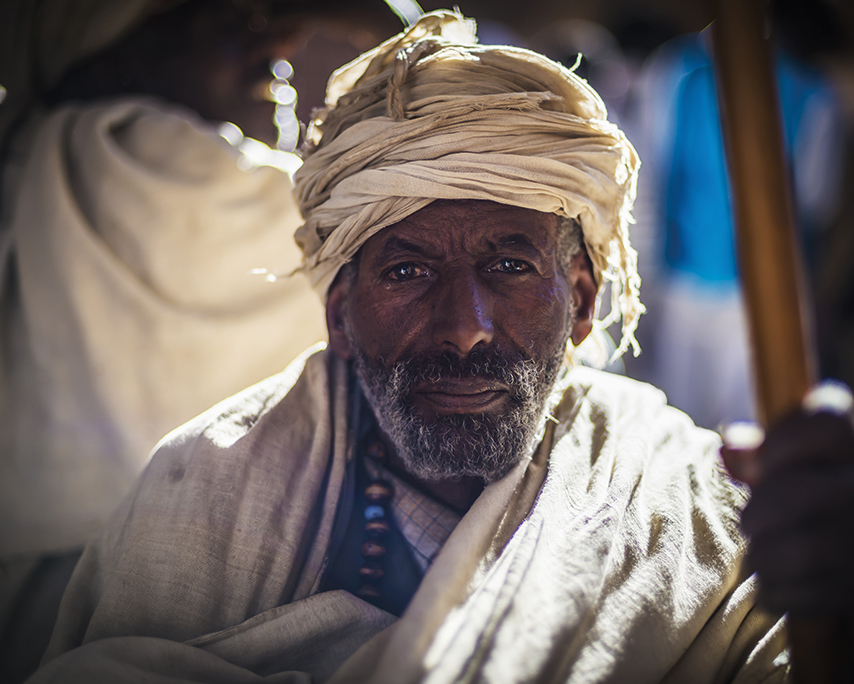Global Day of Parents
Reviving African family wisdom through publications
In many African societies, the family is not a nuclear unit. It is a communal ecosystem. Parenting was never a solo act; it was shared among aunties, uncles, grandparents, neighbours, and elders. Raising a child was not only about survival but about shaping character, responsibility, and belonging. But as modern pressures reshape our urban lives and digital tools saturate our homes, the deep, instructive traditions of African parenting and family structure risk fading into memory. These traditions hold rich, time-tested insights that are still relevant and necessary for today’s professionals, educators, and community leaders. We need to bring them back, and we can do it through the written word.
In most African traditions, a child is never raised by only their mother and father. The wider family, both blood and social, plays an active role in discipline, encouragement, education, and spiritual grounding. This model instilled a shared sense of accountability, multigenerational learning, and a foundation of social resilience. Parents in African societies were not just caregivers. They were storytellers, moral compasses, and first teachers. They passed down proverbs, values, songs, and oral histories that taught both ethics and survival.
What happens when these structures weaken? Rising isolation, fragmented identities, and the loss of rootedness, even in well-educated, urban households.
While progress is good, it has also disrupted how knowledge moves from one generation to the next. With modernisation came mobility, individualism, and global media. In many urban households today, that responsibility has shifted, outsourced to schools, TV, or the internet. However, we cannot build strong futures based on outsourced values.
When we fail to document, share, and teach our traditional wisdom, we lose them. And when we lose them, our children grow up with emotional, cultural, and ethical gaps. We must begin documenting the ways our mothers taught us through stories, the ways our fathers corrected with firmness and love, and the ways our communities passed on values, not through lectures, but through life.
As publishers, educators, and professionals, we have the unique opportunity to translate the oral legacy into written forms: books, manuals, podcasts, illustrated guides, children’s stories, and more. Bringing the village back in print could look like documenting how elders disciplined with empathy and taught with metaphors, or it could be recording how rites of passage taught boys and girls to become honourable men and women. It could also capture the unwritten laws of how respect was shown, how marriages were built, or how family disputes were resolved. This may look like nostalgia, but it is more about building heritage with a purpose—for posterity and progress.
Reviving African family traditions through publications is not about resisting modernity but rooting it. Children need both smartphones and stories. Communities need both legal systems and ancestral wisdom. If we are serious about innovation, reform, and stability, it is time to build on the foundation of who we are. Strong families, guided by values and anchored by culture, produce strong societies. Our children need to know who they are, they need to hear the stories of their people, and they need to inherit not just land but a legacy. And if the old village cannot come back in the same form, let us bring it back through books, in the voices of our podcasts, in the illustrations of our children’s stories.



